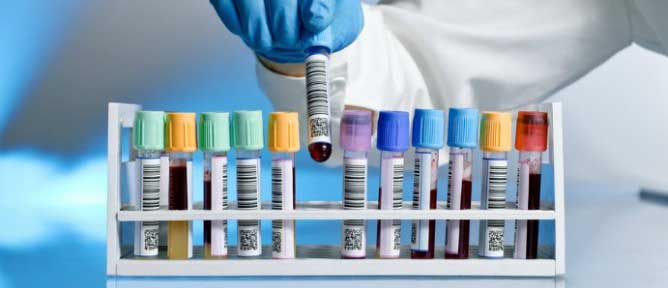London – A recent study published in the Science Translational Medicine suggests a new encouraging method, to help former cancer patients, that prompted the reappearance of breast cancer. Researchers from the UK Institute of Cancer in London (ICR) designed a blood test that indicates residual cancer cells and warns the patient even 8 months before doctors would normally have noticed a possible relapse in a normal trail.

The right blood sample
Researchers seek for a viable way to throw this preventive method since it was difficult to make it useful. The original idea had been studied for a long period. The blood test consists on finding cancer cells before they grow into a fresh tumor, UK researchers asked 55 patients who suffered from early stage breast cancer for DNA, running full sequences to identify the precise genetic signature of that humor. All of them were previously treated with chemotherapy followed by surgery.

Each participant was treated individually and their blood samples were collected almost daily during a two year period. When all the data was agglomerated scientist found 15 patients had tendency to relapse and to their surprise the blood tests predicted it correctly in 12 of those patients.
“If we can identify better who is at risk of relapse, we can direct treatments to prevent relapse specifically to them. Women who still have tumor DNA detectable have a high risk.”, lead author Nicolas Turner said
So, now what?
The test not only eliminates the need of invasive biopsies due to its ability of choosing key mutations, therefore doctors will change the way they manage breast cancer in each patient. “We have shown how a simple blood test has the potential to accurately predict which patients will relapse from breast cancer, much earlier than we can currently.” Turner said.
Nonetheless, researchers said it takes time to develop this method and make it available for patients given that in its current form it wouldn’t be affordable. Also researchers added they are working on some questions that can’t be answer yet, such as identifying the patients which of the patients were at risk of a relapse early enough to provide treatment to prevent it.
The investigation will go further in order to answer these questions.
Source: Science Translational Medicine
